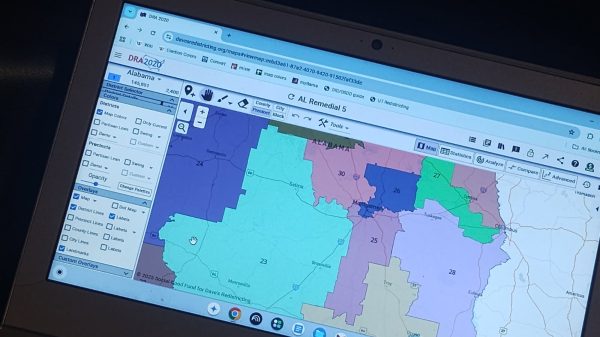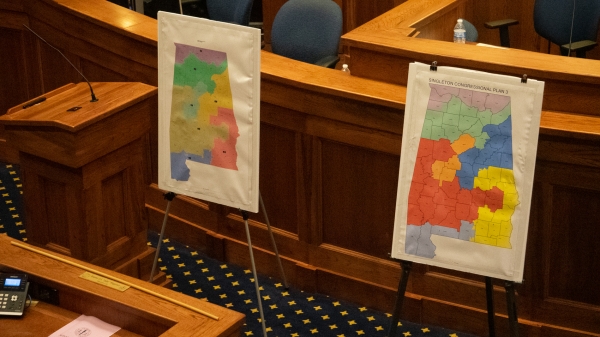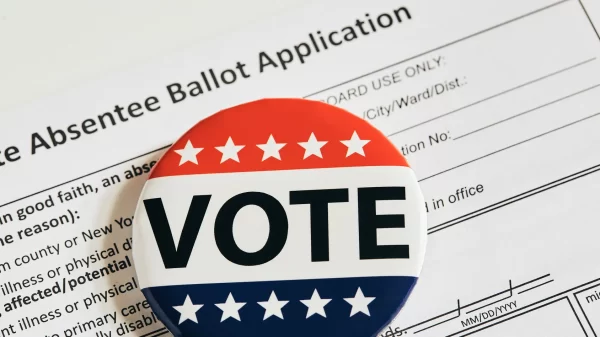The Public Affairs Research Council of Alabama released a report on Thursday showing that Alabama is continuing to gain on other states in the percentage of adults with a high school diploma, but the state is falling further behind the national average when it comes to the percentage of the adult population with a bachelor’s degree or better.
PARCA says that this is important because higher educational attainment is correlated with higher rates of labor force participation, higher personal income, and higher GDP per capita, as well as better health outcomes.
In response to changes in demographics and the economy, Alabama Governor Kay Ivey (R) launched a full-court press to raise levels of educational attainment, recognizing that as a cornerstone of future prosperity.
The Success Plus initiative brings government, education, and business together around a coordinated effort to raise educational attainment and post-high school advanced skills training, with the goal of adding 500,000 highly skilled workers to the workforce by 2025.
PARCA claims that in the face of the Coronavirus pandemic, it’s all the more important to sustain educational momentum and prevent the exacerbation of educational inequities that have held Alabama back.
According to a graphic shared by PARCA, in 2000 27 percent of the U.S. White population had a college degree compared to just 21 percent of White Alabamians. At that time 14 percent of American Blacks had a college degree versus 12 percent of Alabama’s Blacks. Today the gaps have gotten wide. 36 percent of American Whites have college degrees versus just 28 percent of Alabama’s Whites. Nationally 22percent of Black Americans now have degrees compared to just 17 percent of Alabama’s Black population.
PARCA opened 2020 with an annual meeting in January that challenged speakers to sketch out a vision for our state’s third century. PARCA announced that they are revisiting the central themes explored at that meeting in the coming months, beginning with this installment on educational attainment.
According to PARCA, they have found that successful organizations follow a four-step process in order to pursue a vision. First, know where you stand and own your data. Second, make a plan for improvement, one that includes goals and evidence-based strategies for how to achieve them. Third, measure progress toward your goal. Analyze the results. Four, celebrate successes. Shift resources and strategy if tactics aren’t working.
PARCA’s latest brief, as a first step. The new PARC report describes where Alabama stands in comparison to other states in educational attainment. It includes a state-by-state comparison, a local comparison of Alabama counties, and information on the black white gap in educational attainment.
Between 1940 and 2018, Alabama ranked third highest among states in percentage point gain in high school attainment. By 2018, 87 percent of Alabamians had a high school diploma or equivalent nearly closing the gap with the US average of 88 percent.
In 1940 only 3 percent of Alabamians had college degrees compared to 5 percent nationally. By 2018 26 percent of Alabama adults over the age of 25 had college degrees, but Alabama’s rate of progress (which appears to be slowing since 2012) has trailed the national average which is now 33 percent. A gap of seven percent. This is the largest Alabama has trailed behind the national average in the last 80 years.
PARCA has been providing Alabama government with useful information since 1988.




















































